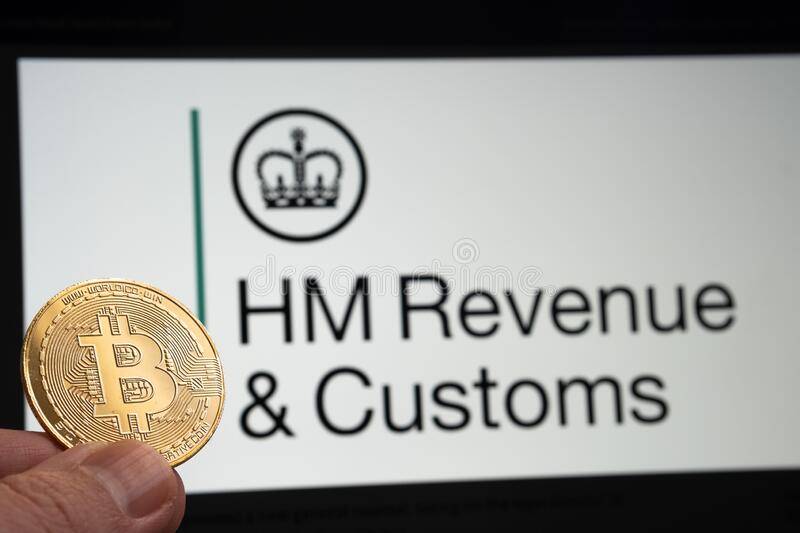HMRC DeFI Guidance
HMRC has updated its guidance on the treatment of crypto and digital assets, specifically for decentralised finance (DeFi) lending and staking in the UK which will significantly alter the way that these assets are classified and treated. For CryptoUK Executive Director, the first takeaway is that HMRC treats crypto assets as property for tax purposes.

The proposed guidance stipulates that when a token is lent or staked into a platform or protocol, it may be classed as a disposal by HMRC for tax purposes at the moment the token leaves the users wallet. This means that the transaction will be subject to Capital Gains Tax reporting at that moment, even though control still lies with the user, and they expect that the asset is still theirs and will be returned at a point in the future. HMRC however appears to view this differently.
Commenting on HMRC’s announcement, Ian Taylor, Executive Director of CryptoUK, the trusted voice of the UK crypto industry, said:
“HMRC treats crypto assets as property for tax purposes. However, this is inconsistent with the approach currently being adopted by Government and other regulatory bodies in the UK, including the Treasury and the FCA, who regard crypto assets as financial instruments and regulate them as in line with other financial services and products.
“This inconsistent approach by HMRC creates friction for crypto investors, adds undue reporting requirements for the consumer, and creates tax compliance confusion. Stock lending is not taxed in the same way, for example.
“This treatment of crypto lending and staking creates an unnecessary burden for any crypto investor who will now be required to include details of any lent assets (in certain cases inaccurately determined to be ‘disposed’) on their tax returns and will have to carry out additional reporting which could require individuals to report hundreds or even thousands of transactions. This is out of step with the Government’s stated aim for the UK to be open and attractive as a destination for investment and innovation post Brexit.
“We need a clear and holistic regulatory framework for crypto assets in the UK and a consistent whole of Government approach, with joined up thinking across all agencies and departments when it comes to developing the UK approach to crypto asset regulation and taxation.
“We will be seeking to engage with HMRC and others where necessary in response to the new guidance and would encourage regulators to work with the sector as it develops its approach to crypto asset regulation.”
Tradersdna is a leading digital and social media platform for traders and investors. Tradersdna offers premiere resources for trading and investing education, digital resources for personal finance, market analysis and free trading guides. More about TradersDNA Features: What Does It Take to Become an Aggressive Trader? | Everything You Need to Know About White Label Trading Software | Advantages of Automated Forex Trading








